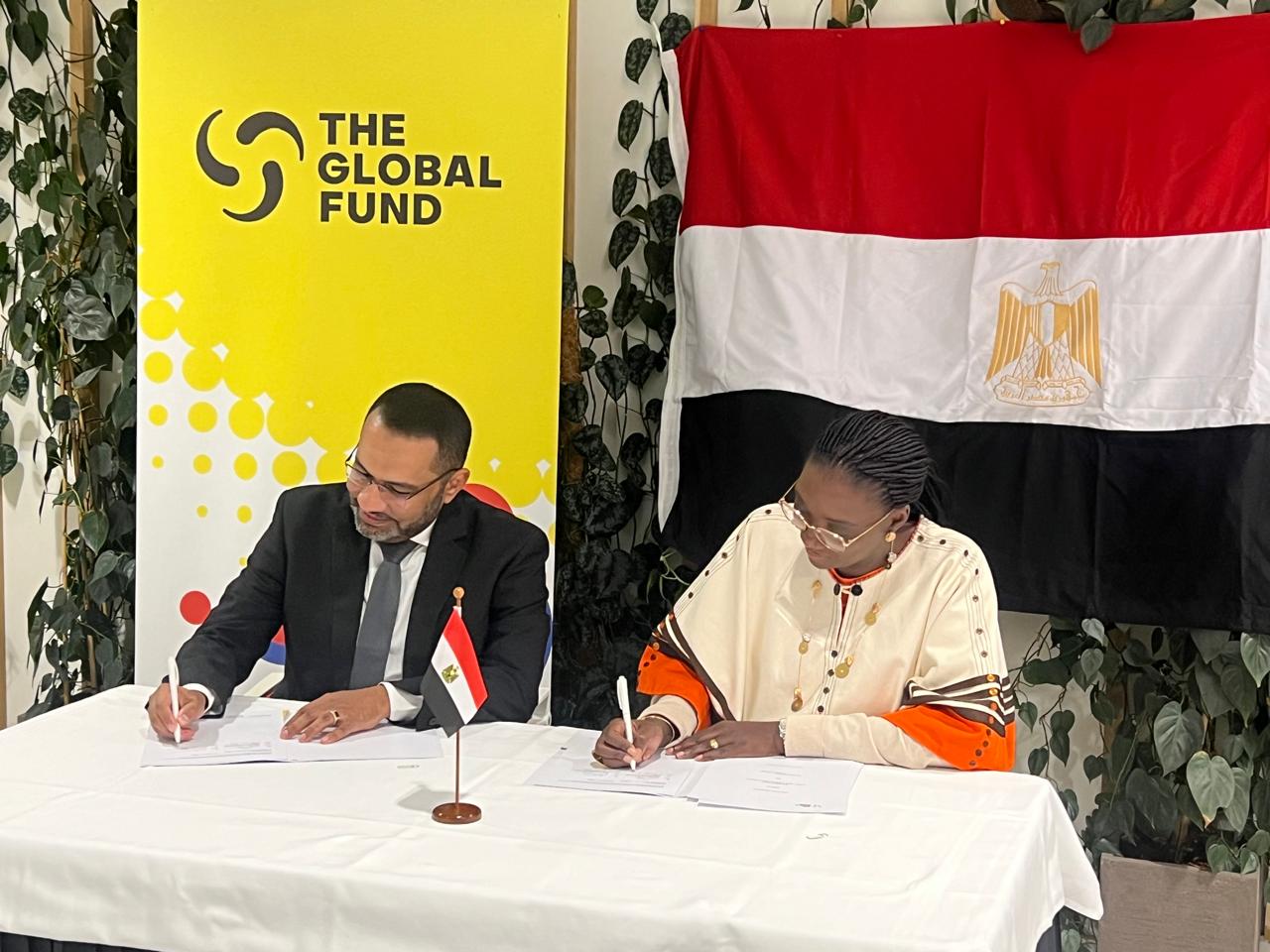Coral is a natural wonder. It is not just mind-bogglingly beautiful, it is essential: coral reefs are the nurseries of our oceans.
They support 25 percent of all ocean life and are the most economically valuable ecosystem on Earth, as well as the most biologically diverse.
If we lose our coral reefs, we will not just drive many thousands of species into extinction, we will lose an entire ecosystem. This would be unprecedented in human history.
Ice and coral are the Ground Zeros of the Climate Crisis. Both are affected by rising temperatures: the poles are melting, and the coral is dying. These changes are happening before our very eyes, as indisputable evidence of global warming.
So unless we take serious action now to reduce CO2 emissions and bring global warming under control, the future of coral is not looking good.
Half the world’s coral reefs are believed to have died since the 1950s. There are a number of reasons for this – rising sea temperatures, industrial overfishing, pollution, and reef disturbance.
But of these, global warming is the most frightening. Scientists warn that if we heat our planet by more than 1.5° C, we will lose 70 percent of the world’s coral reefs. If we heat it by 2°C, 99 percent of coral reefs will die.
Latest figures from the UN say we are currently on track for a 2.8°C increase. If that is the case, coral is doomed – and so are we.
It was just astonishing. I can honestly say I have never seen anything so beautiful, above the water or below it. And to know that this could all disappear… is just devastating.
What was remarkable was that I didn’t see any evidence of bleaching where I swam off the coasts of Saudi Arabia and Egypt.
This might be proof of the special resilience that Red Sea coral has to rising temperatures – but rather than see this as cause for complacency, that simply means that, down the line, Red Sea coral may be the last coral left in the world.
During the swim I was keenly aware of the significance of this particular moment in time, of everything that is at stake and the urgency with which we need to act to slow global warming.
Governments get overwhelmed with the many issues they have to deal with – the energy crisis, the cost of living crisis, Covid … everything is a crisis.
But there is one crisis that overrides them all, and that is the Climate Crisis. The health of our planet is the defining issue of our generation.
We are the first generation with knowledge and the technological means to do something about it; we are also the last generation that will be able to do something about it. If we don’t act now, it will be too late. I don’t know how else to stress the urgency.
Having said that, we cannot leave it up to governments to solve this. Governments are slow moving by nature, bogged down by bureaucratic red tape.
Business is much more nimble. And as individual consumers, we have power to change things with every purchase we make, every single day.
Listen to Lewis Pugh on Performance People podcast by Sir Ben Ainslie, and his wife broadcaster Georgie Ainslie, the UN Patron of the Oceans and ocean endurance swimmer Lewis Pugh says
- Comment by Lewis Pugh, endurance swimmer and UN Patron of the Oceans





















Discussion about this post